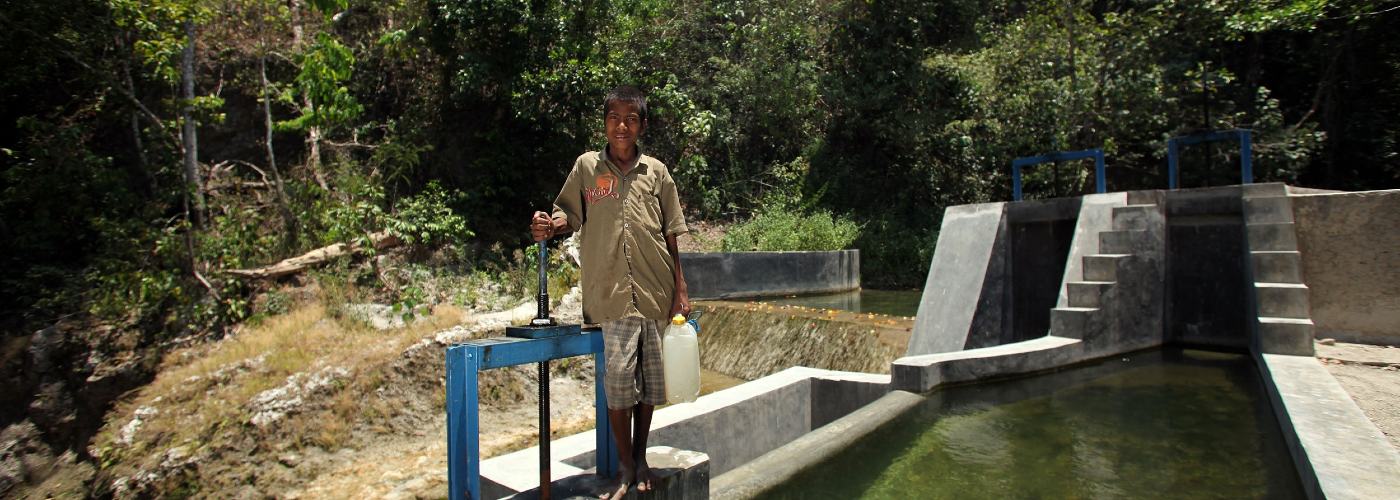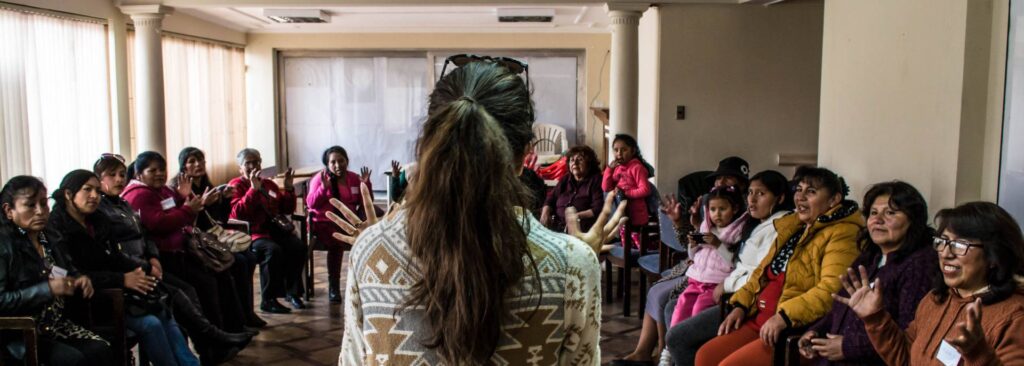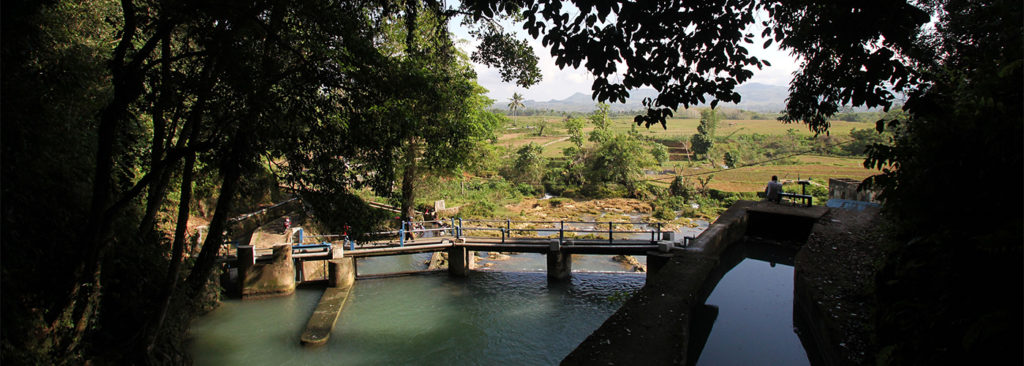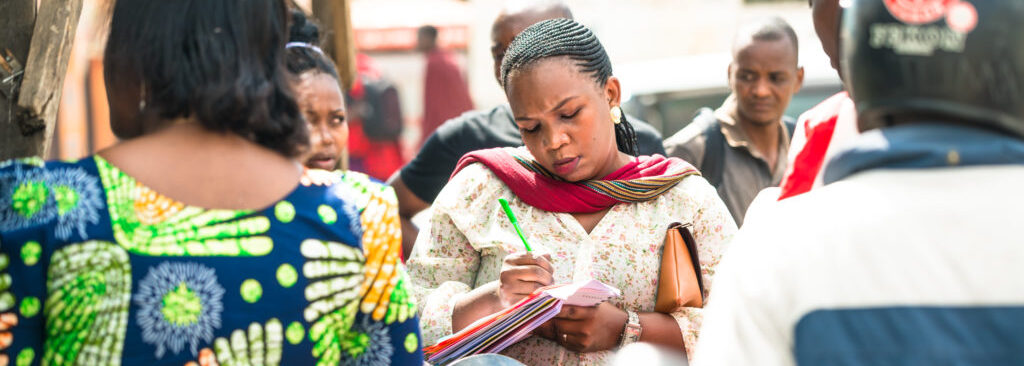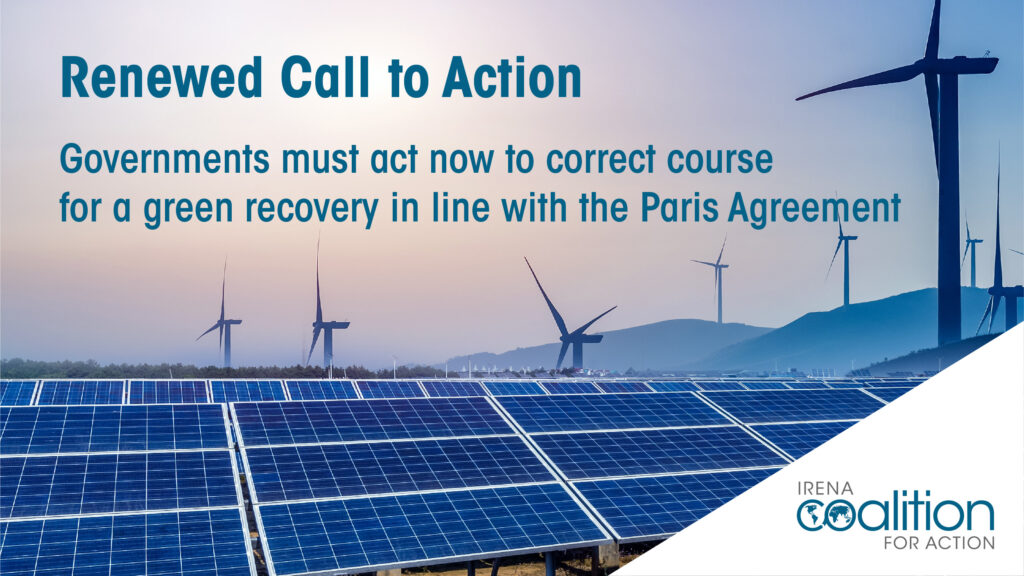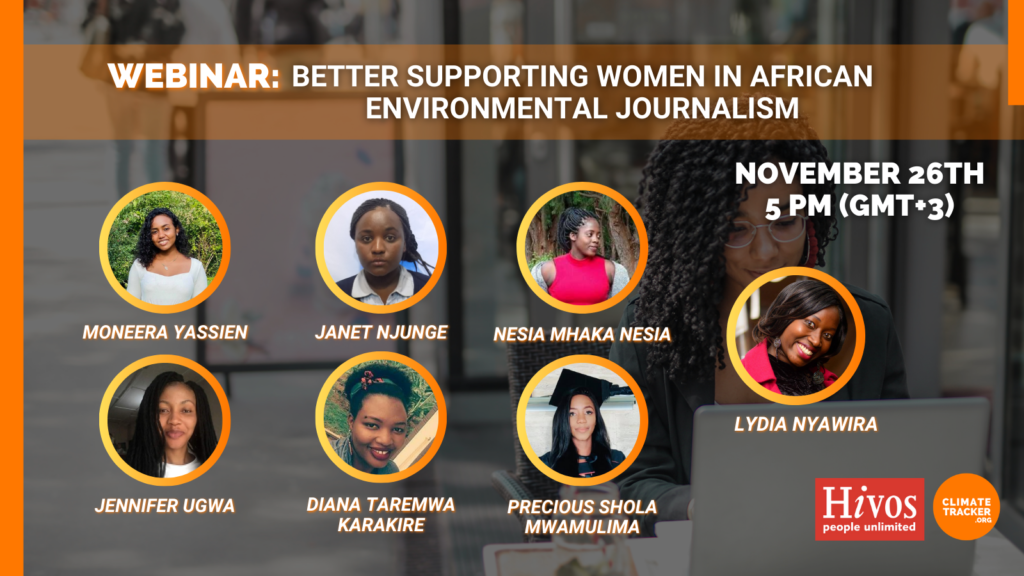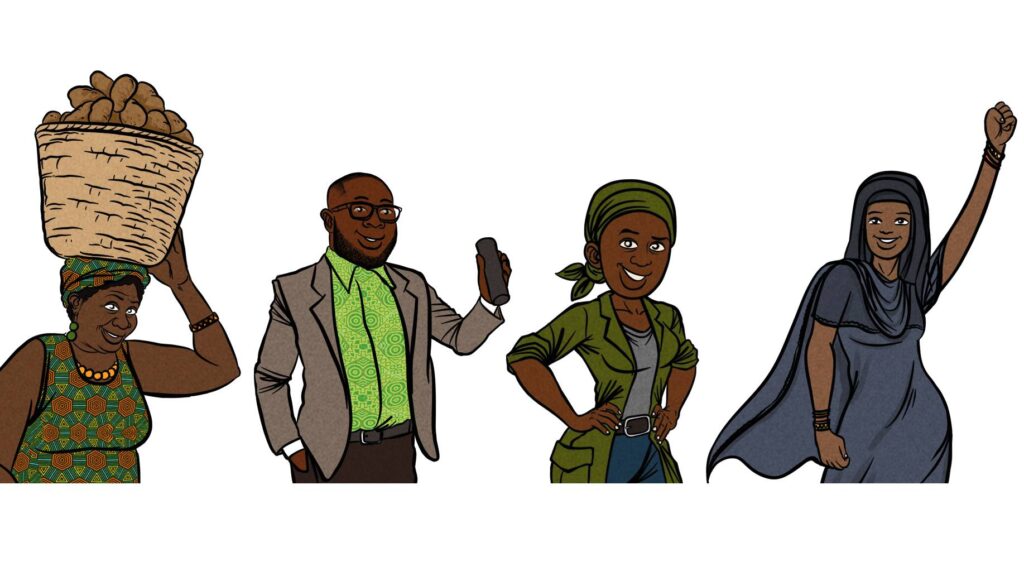This program has ended
Green and Inclusive Energy was part of a five-year-long strategic partnership between ARTICLE 19, Hivos, IIED and the Dutch Ministry of Foreign Affairs, which ended in 2020. On this page you will find all evaluation documents.
In the new Amplifying Voices for Just Climate Action program, we continue to strengthen civil society to influence climate action and demand climate justice.
We want to meet energy needs of women and men for their daily activities and livelihoods by switching to renewable energy systems. This will also create economic opportunities (especially for women) and reduce the effects of climate change.
Why we need to switch to renewable energy
Energy lies at the heart of human progress. Yet, more than a billion people do not have access to affordable, reliable and clean energy. This seriously limits their prospects. For decent health, education, livelihoods, employment – and sustainable food supplies. So decentralized renewable energy is essential for those who cannot access the central grid.
How our program uses lobby and advocacy
Green and Inclusive Energy works to influence energy policies and practices so investments in decentralized renewable energy will increase. The program does this mainly through advocacy. It creates coalitions with governments and private sector partners and improves the effectiveness of local energy and non-energy partners. Because this focus on lobby engages citizens and sparks public debate, it helps tip the public policy balance towards more decentralized people-centered energy systems.
Where
Indonesia, Kenya, Tanzania, Zimbabwe, Malawi, Nepal, Myanmar, Central America, and at international level

